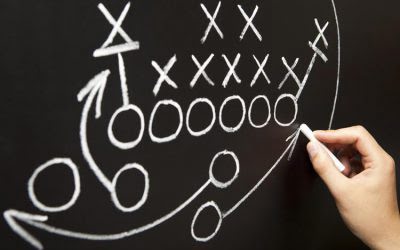Your eyes might also get dry and irritated when you drink because alcohol is a diuretic, meaning it makes you need to urinate more frequently. And when you urinate frequently, your body (including your eyes) becomes dehydrated. This causes many people to experience eye pain after drinking. When someone drinks alcohol, it slows down the rate at which neurotransmitters are firing in his or her brain. Neurotransmitters are chemical messengers that communicate information throughout the brain and the body.
But if you exceed the recommended guidelines of alcohol consumption and are often binge drinking, you could be putting your vision and eyesight in serious danger. Alcohol also has links to mental health issues, such as anxiety and depression. Some people may also develop Wernicke-Korsakoff syndrome, a type of brain damage disorder that causes confusion and vision problems.
Excessive alcohol consumption affects eyesight and vision
Consuming alcohol may increase dehydration, promote inflammation, and disrupt vitamin transport — all factors that can negatively affect tear quality and quantity. Alcohol in tears may also directly affect the surface layers of the eye. After drinking, tears can contain traces of alcohol, which can further trigger inflammation and cause damage to the eyes. Drinking alcohol can cause dry eyes, and when dry eyes become a persistent problem, you may be living with DED.


Long-term abuse of alcohol can also lead to toxic amblyopia or vision loss. Both short-term and long-term use of alcohol affects the optic nerve and the relationship between the brain blurry vision after drinking alcohol and the eye. Although the negative health effects of drinking alcohol have been well established, nearly 65% of U.S. adults continue to consume alcoholic beverages on a regular basis.
Our Doctors & Authors
This article will look at some of the causes of blurry vision in one eye, along with the symptoms and treatments. However, it is important to consult a doctor about sudden or persistent blurry vision, as it could be a symptom of a condition that requires treatment. For example, many people have occult eye muscle imbalances, but the sober brain can preserve crisp, single vision. Once the person has consumed a little alcohol, the brain relaxes that control and vision problems become apparent. However, these changes will go away once the alcohol has cleared the system.



